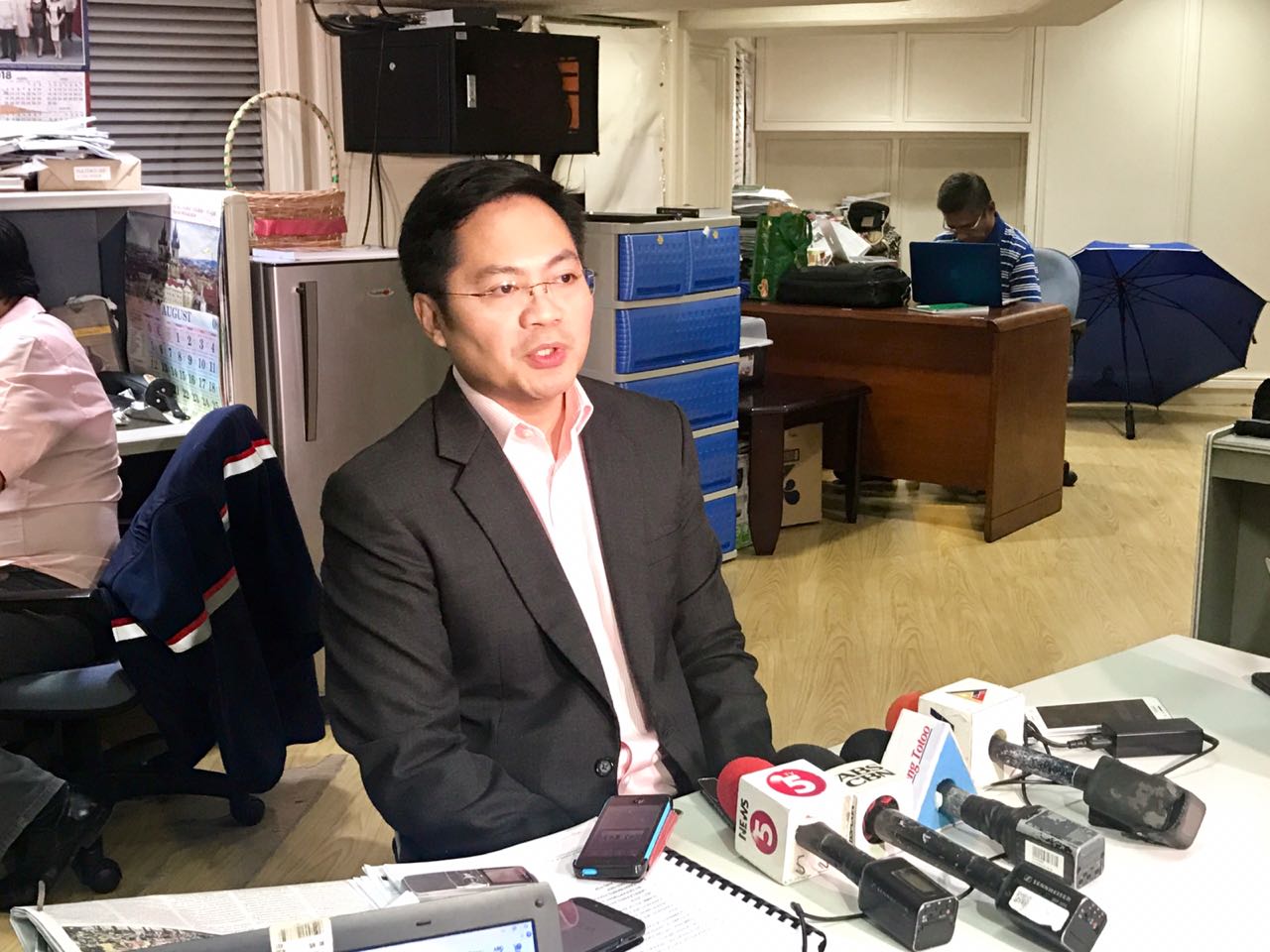The executive department would still go back to Congress to ask for a supplemental budget if the 2019 budget is reenacted, House appropriations chair Rep. Karlo Nograles said on Tuesday.
Nograles had a breakfast meeting with Budget Secretary Benjamin Diokno and Senator Loren Legarda, chair of the Senate finance panel, earlier in the day.
He said he explained to Diokno that even if they decide to resort to a reenacted budget for 2019, the executive department would still need to ask Congress for a supplemental budget.
READ: Palace won’t blink at budget standoff with House
This, he said, means that the country would revert back to an obligations-based budgeting system, contrary to the cash-based budgeting Diokno has been pushing.
READ: Executive eyes reenacted budget as an option for 2019 – Diokno
“In a reenacted budget, babalik tayo sa (we are reverting back to) obligations-based (budgeting system), hindi rin matutuloy yung cash-based (the proposed cash-based budgeting system will not push through),” he said.
Nograles also warned Diokno that doing so would cause discrepancies in the government’s budget for personal services, maintenance and other operating expenses (MOOE), as well as capital outlays.
“Kung magre-reenact, lahat ng tinapyas babalik…Magakakadeperensya sa (If we go for a reenacted budget, we should reverse the budget cuts because these will cause problems in the)
capital outlay because you cannot cement a road that’s already cemented…Ang personal services at MOOE will follow the 2018 budget kasi reenacted eh,” he explained.
This scenario, Nograles said, would also affect the complete rollout of the salary standardization law.
“‘Yun ang problema (That is the problem), in other words, you still need to come back to Congress for a supplemental budget in order for you to address yung four tranches ng salary standardization,” he said.
The lawmaker further explained that the approved funds for projects under the 2018 General Appropriations Act (GAA) that were already completed would still have to go through Congress to be realigned with other programs.
“It would be declared savings and they need to write a supplemental budget in order for it to be released, in compliance with DAP and PDAF ruling where you cannot anymore use savings for any other thing unless may appropriations cover and that’s the reason why you still have to come back to Congress and do the supplemental budget,” Nograles explained.
He was referring to the Disbursement Acceleration Program and the Priority Development Assistance Fund which the Supreme Court declared unconstitutional.
“In other words we still have to come back to work in order for us to pass a supplemental budget by January or February,” he said, noting that Diokno has acknowledged all these possibilities during their meeting.
Because of this, Nograles said it would be best to work on the budget now than later.
“Ang point dyan magtatrabaho tayo ng (The point is we need to work from) January to February, versus doing it right now… Ayusin na lang natin ito (Let’s just fix this),” he said. “Can we not just finish it now instead of finishing it later on?”
Although Nograles said they are open to “finding a middle ground,” he insisted that the House would only resume the budget hearings if the Department of Budget and Management reverts the budget system to obligations-based.
Nograles said Speaker Gloria Macapagal-Arroyo would meet President Rodrigo Duterte later tonight to discuss the budget impasse.
Asked whether or not the House would yield to Duterte once he orders that the country moves to cash-based budgeting, Nograles said: “Let’s cross the bridge when we get there. Hindi ako kasama sa meeting eh (I am not part of the meeting).” /ee
READ: House leaders not keen on reenacted 2019 budget | Lawmaker decries reduced number of flood-control, drainage system projects | Nograles: Zero budget for health facilities violates sin tax law
